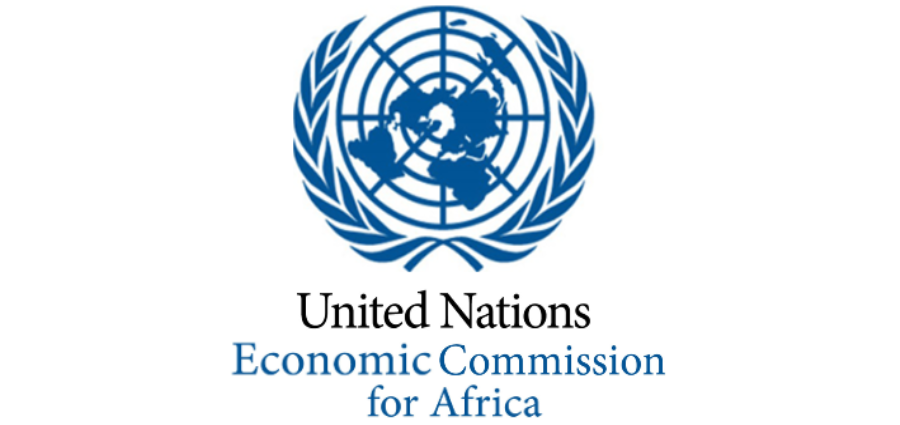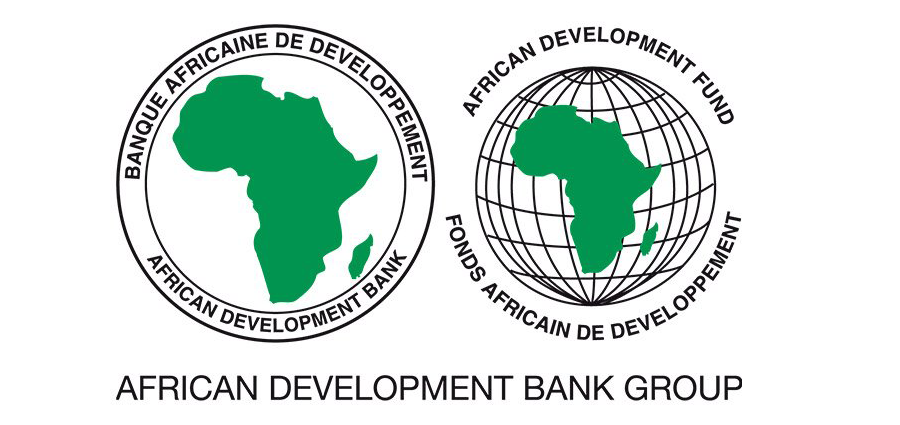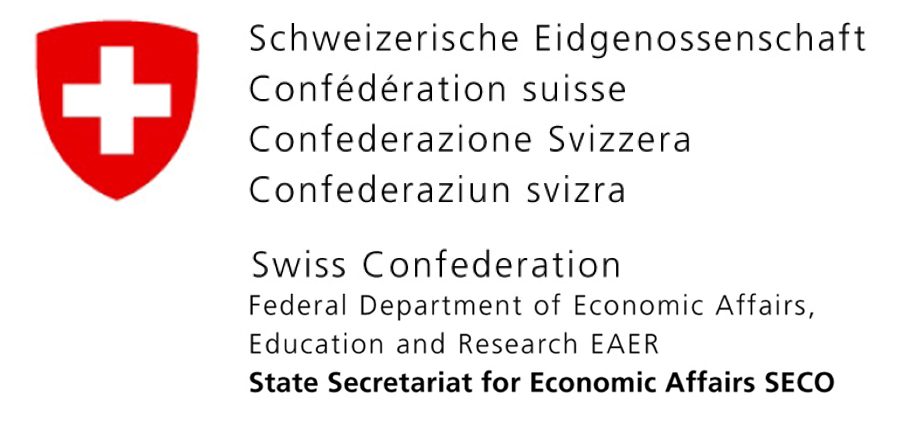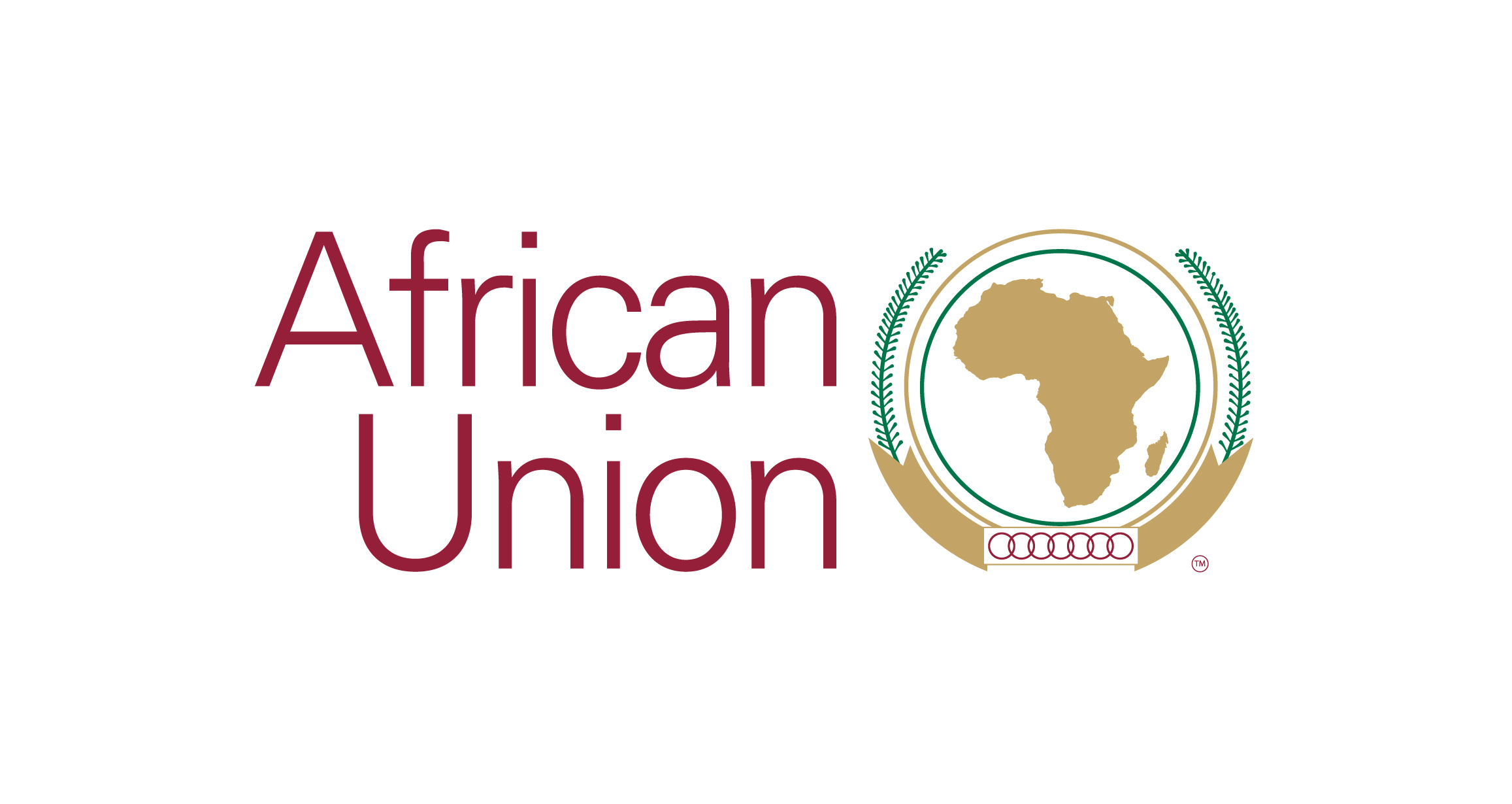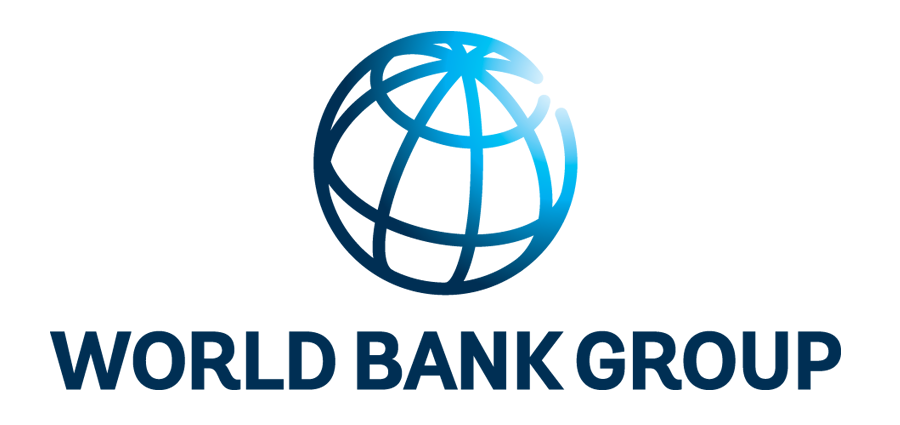Maritime Transport Serving West and Central African Countries: Trends and Issues
Michel Audigé
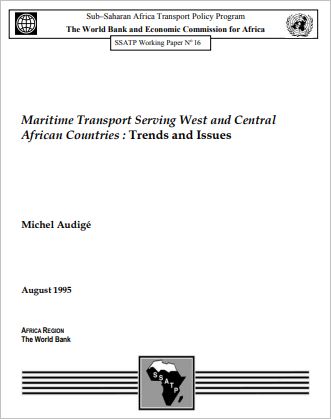
In June 1992, MINCONMAR (Ministerial Conference of Western and Central Africa) and the Bank organized the Cotonou Conference to review the situation and identify options for reform. The Conference brought together a large number of experts and interested parties who recognized the need to lessen public sector involvement in shipping policies and to deal with them in a regional rather than national framework. The Cotonou Conference also pointed out the importance of developing a better understanding of the factors influencing maritime transport services. The resulting program of studies and capacity building was launched in 1994 as a partnership between MINCONMAR and the SSATP.
Since then, as the need for reform has become more pressing, several countries have adopted more liberal policies. This movement for reform is likely to pick up as countries realize that their ability to maintain and expand their participation in world trade depends on whether shippers have access to the least expensive and most effective maritime transport services.
This paper provides an overview of current trends and issues in maritime transport for West and Central Africa. It is largely based on the proceedings of the Cotonou Conference published in 1993. It should be of use to policy makers and sector managers who need a basic familiarity with the subject in view of its growing importance in the sub-region.

